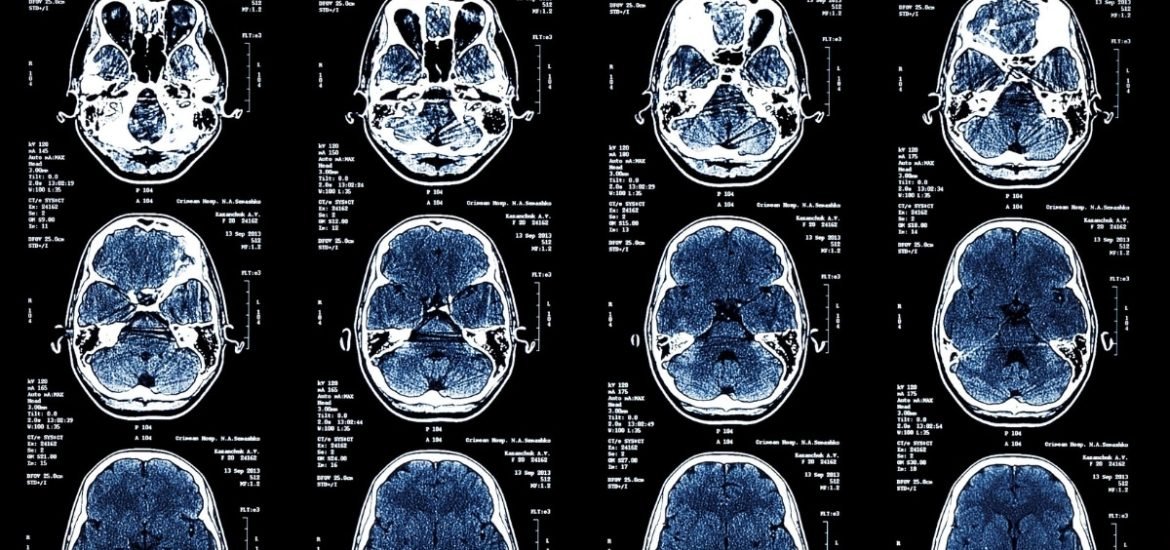
According to a new study published on 4 February in the Proceedings of the National Academy of Sciences, the “metabolic age” of female brains are a few years younger than males of the same chronological age (1). The researchers discovered that natural brain ageing varies significantly among individuals. Moreover, an individual’s sex ― which is known to influence brain development during childhood and adolescence ― may also be critical in brain ageing.
In humans, ageing is accompanied by a decline in brain metabolism ― how the brain uses glucose or sugar. During growth and development, the brain uses glucose in a process called aerobic glycolysis but the amount of glucose devoted to this process declines with age.
Based on this idea, the researchers used a machine learning algorithm to analyse positron emission tomography (PET) brain images of over 200 cognitively normal human adult brains ― 121 women and 84 men between 20 and 82 years old ― to determine their so-called metabolic brain age. Then, by comparing the metabolic brain age to an individual’s actual age, the algorithm was able to determine whether each individual brain is metabolically younger or older than it should be.
The algorithm was first trained using the ages and PET data of males. When the female data was fed into the model, the metabolic age of females was found to on average 3.8 years younger than the actual ages. Then, the female data was used to train the algorithm and in this case, the metabolic ages of men were estimated to be 2.4 years older than their actual ages. In other words, the results suggest that changes in how the brain uses glucose proceed more slowly throughout the lifetime of women. And these differences were detected from early adulthood into old age.
Evolutionary theories have long suspected that women have more youthful brains than men. However, the reasons for these sex differences in brain metabolism remain unknown. Hormones such as estrogen may play a role. Although researchers suspect other factors may be at play since menopause does not seem to have any effect on these metabolic differences.
Nonetheless, the findings provide new insights into how sex-related factors might influence brain ageing. Importantly, the study offers a new way of measuring metabolic brain age using PET scans, which measure the flow of oxygen and glucose in the brain. The method could potentially be used to predict the risk of cognitive decline in older adults or to determine how vulnerable an individual brain is to neurodegenerative diseases.
The study parallels previous reports that women live longer than men (2), and could also explain why women experience less cognitive decline than men in later years ― elderly women tend to score better on tests of reason, memory, and problem-solving than their male counterparts. But what does all this mean? Further investigations are still required to determine whether low glucose metabolism in the brain could be driving age-related memory loss, cognitive decline, and neurodegeneration.
(1) Goyal, M.S. et al. Persistent metabolic youth in the aging female brain. Proceedings of the National Academy of Sciences (2019). DOI: 10.1073/pnas.1815917116
(2) Austad S.N. and Fischer K.E. Sex differences in lifespan. Cell Metabolism (2016). DOI: 10.1016/j.cmet.2016.05.019